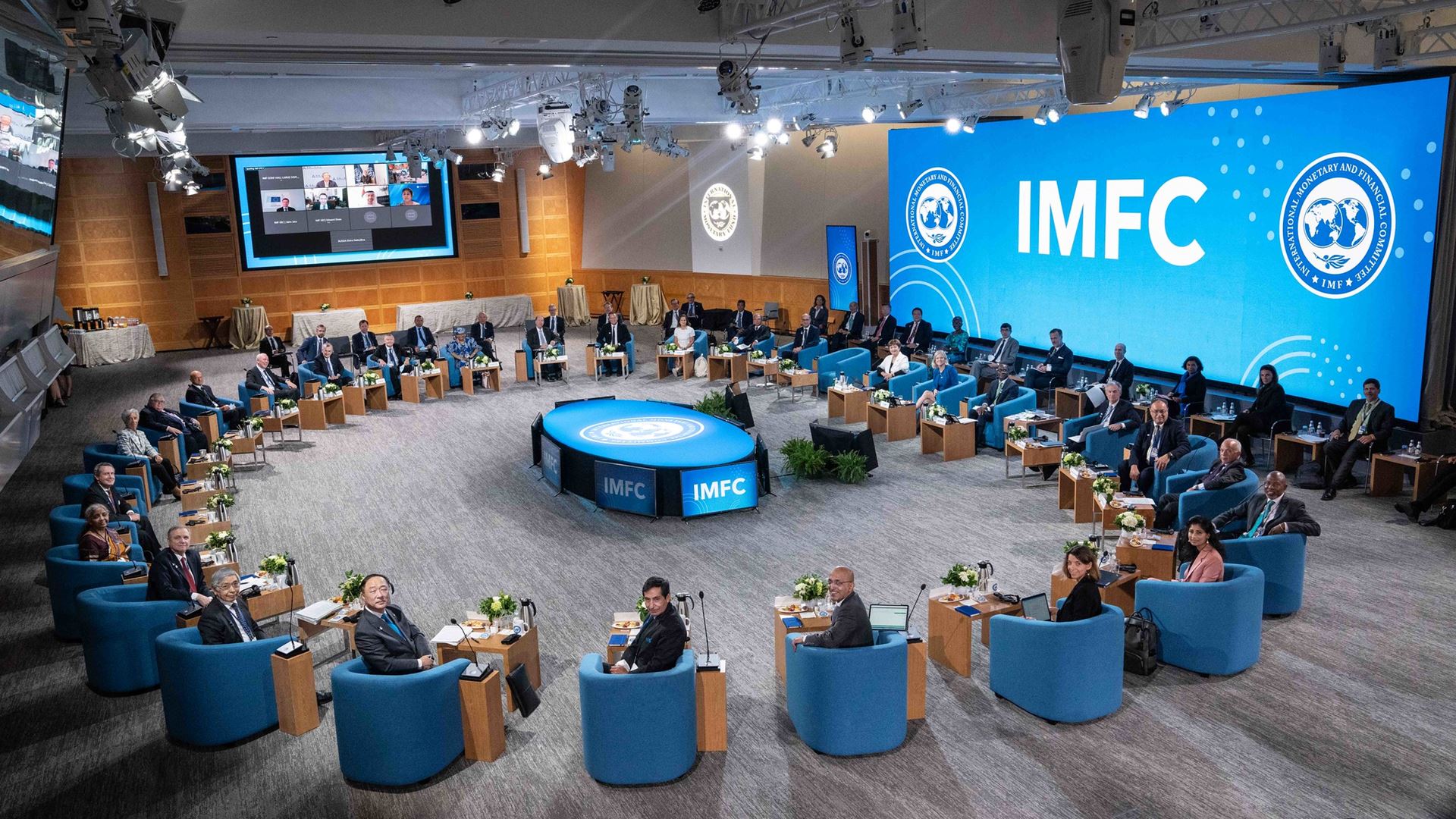BUSINESS

IMF PRAISES NIGERIA'S BOLD ECONOMIC REFORMS: EXCHANGE RATE ADJUSTMENTS AND FUEL SUBSIDY REMOVAL
The International Monetary Fund (IMF) has praised Nigeria’s recent economic reforms, describing them as crucial steps toward stabilizing the country's macroeconomic environment. Speaking at the presentation of the Regional Economic Outlook for Sub-Saharan Africa during the ongoing IMF/World Bank Spring Meetings in Washington DC, Abebe Selassie, Director of the IMF’s African Department, commended Nigeria’s decision to unify its exchange rate system and eliminate costly petrol subsidies.
Selassie noted that these reforms have directly addressed major sources of Nigeria’s macroeconomic imbalances, particularly the heavy drain petrol subsidies placed on limited government revenues. He emphasized that removing the subsidies now allows more resources to be directed towards critical infrastructure and social support for vulnerable populations.
“Government revenue is being freed up for more effective deployment. However, expanding social protection and improving transparency in the oil sector remain essential to ensure that subsidy savings are effectively utilized,” Selassie said.
While acknowledging progress in infrastructure development across African economies, Selassie urged governments to strengthen tax collection systems to bridge budget deficits and stimulate sustainable growth. He further advised Nigeria to diversify its economy beyond oil, especially in light of global commodity market volatility, and stressed the need for prudent management of borrowed funds.
Meanwhile, Director-General of the World Trade Organization (WTO), Dr. Ngozi Okonjo-Iweala, addressed concerns over the impact of rising U.S. tariffs on African economies. Speaking on the sidelines of the same meetings, she revealed that Sub-Saharan Africa's trade exposure to the U.S. is minimal, with only 6.5% of the region’s exports going to the U.S., and 4.4% of its imports sourced from the U.S.
“This limited trade relationship means the overall impact of U.S. tariff hikes on Africa is muted. However, it also highlights a troubling lack of trade engagement between the two regions,” Okonjo-Iweala said.
She pointed out that some poorer African nations, like Lesotho, could face severe consequences from the new tariffs. Lesotho, for example, exports $200 million worth of textiles to the U.S. and could lose nearly half a percentage point of its GDP growth if reciprocal tariffs are implemented.
Selassie concluded by reaffirming the IMF’s admiration for Nigeria’s commitment to reforms, but stressed that vigilance is needed to ensure reform gains translate into tangible benefits for the broader population.
"This represents a significant development in our ongoing coverage of current events."— Editorial Board









